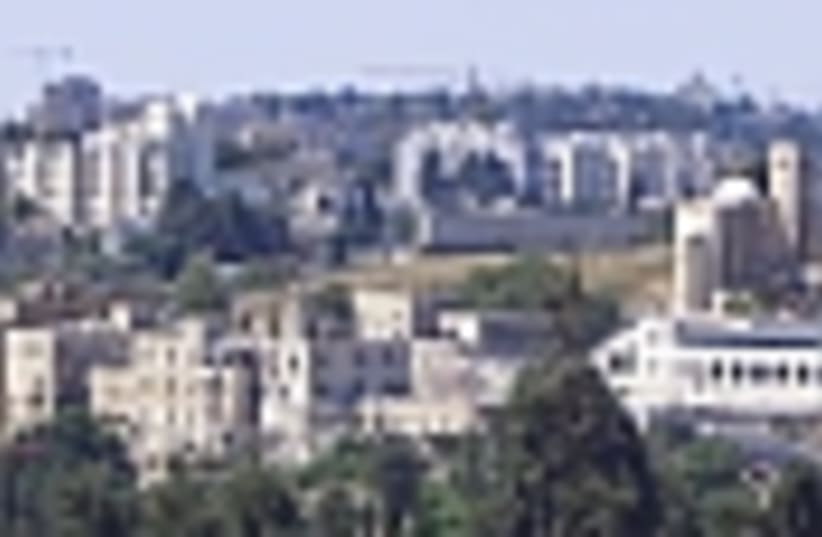| More about: | Nir Barkat, Jerusalem Institute for Israel Studies, Hebrew University of Jerusalem, Mevaseret Zion |
'J'lem has lost its Zionist majority'
Barkat: If borders remain unchanged, in 2020, 60% of residents will be Jewish.


| More about: | Nir Barkat, Jerusalem Institute for Israel Studies, Hebrew University of Jerusalem, Mevaseret Zion |